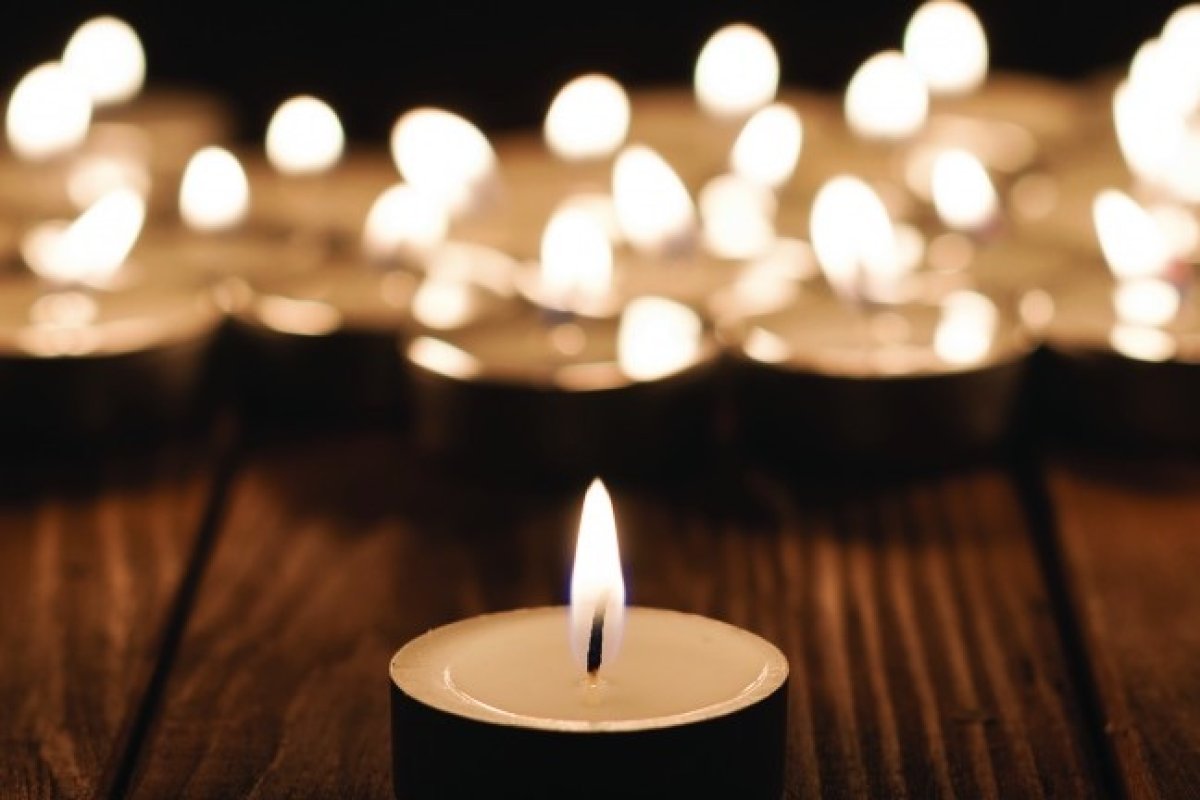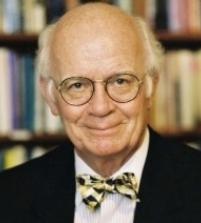|
“All our life, so far as it has definite form, is but a mass of habits,” judged American philosopher William James, who wrote perceptively about human habits on the eve of the twentieth century. Research on “habits” has abounded in recent years. And yet, for this longtime “sighter” of religion, it strikes me that so much of the research that connects human habit-making (and habit-keeping) with religious life and practice tends to register it (disproportionately) as having a negative influence. Consider, for example, the “habitual churchgoer”—folks, we might note, who are fewer and farther between these days—and the tendency of those who write about them to describe them as being spiritually shallow and apathetic investors in the trivial. Those social spaces where people voluntarily gather to develop habits designed specifically for human and societal betterment often evoke sneers from analysts. Think of the downturn of adherents in the Boy Scouts and Girl Scouts, among many other volunteer organizations, which exist(ed) to nurture healthy individual and group habits. And think further of those religious spaces, e.g., declining Mass attendance in Catholicism and many activities in Mainline and Evangelical Protestantism and Judaism, which are often disregarded, overlooked, or opted out of by millennials, for sure, but also by their elders.
Charles Duhigg, author of The Power of Habit: Why We Do What We Do in Life and Business, has found that forty percent of our daily actions are grounded not in decisions we consciously make but in—you guessed it—habits. While this “revelation” comes perhaps as little surprise to those grounded in religious traditions which have long recognized the “power of habit” in everyday human life for both good and ill, figuring out how to harness this power has become an industry of sorts among scholarly (and non-scholarly) analysts and commentators in the media.
In fact, today’s column was prompted by one such rumination, a recent article by Jerome Groopman in The New Yorker—a magazine that I have been reading habitually for decades—titled “Can Brain Science Help Us Break Bad Habits?” (titled “The Resistance” in the Oct. 28 print issue). In the article, Groopman confesses that it was not long after he purchased a smartphone a few years ago that he became a “slave” to it, developing habits that would lead him (often unconsciously) to spend hours per day absorbed in his phone. Groopman takes off from another quote by James on the subject: “habits—practical, emotional, and intellectual—[are] bearing us irresistibly toward our destiny.” What, Groopman asks, happened to “will power,” just as we might add, to “spiritual devotion and energy?”
Groopman, to his credit, has the good sense to turn to University of Southern California scholar Wendy Wood, who used her experience as a social scientist to write Good Habits, Bad Habits: The Science of Making Positive Changes that Stick, and who is now widely regarded as the go-to expert on this subject. Her basic finding raises Duhigg’s forty percent estimate of human activity as habit-based to forty-three percent, and she makes much of “situation” and “context” with respect to habit. Groopman generalizes about Wood’s thesis: “the path to breaking bad habits lies not in resolve but in restructuring our environment in ways that sustain good behaviors.” How do we bring about change in our habits? Wood emphasizes the importance of what she calls “friction” in this regard: “if we can make bad habits more inconvenient, then inertia can carry us in the direction of virtue, without ever requiring us to be strong.” Think of all the “friction,” she counsels, that was helpful in reducing smoking in American culture. As for developing habit-change in culture, Groopman shows, by reference to food delivery systems developed by McDonald's and other fast-food restaurants, that “the key lies not in breaking a habit but in replacing one habit with another.” So bye-bye, smartphone; hello, some other lure.
While these new experts on our “mass of habits” indeed have much to teach us about ourselves, we should note that the religions have long explored the “power of habit,” teaching humans how to cultivate the best of them and distance themselves from the worst. For millennia, prophets, priests, spiritual gurus, and mystics have been helping ordinary folk rid themselves of bad habits by altering their environments to help foster good ones. ♦
Sightings is edited by Joel Brown, a PhD Candidate in Religions in the Americas at the Divinity School. Sign up here to receive Sightings via email. You can also follow us on Facebook and Twitter. The views and opinions expressed in this article are those of the author and do not necessarily reflect the position of the Marty Center or its editor.
|



